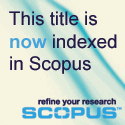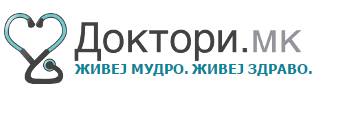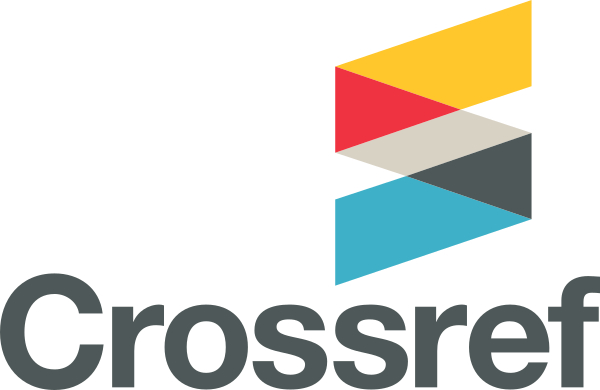JSER Policies
JSER Online
JSER Data
Frequency: quarterly
ISSN: 1409-6099 (Print)
ISSN: 1857-663X (Online)
Authors Info
- Read: 4905
This article deliberately archived as an example.
As with previous releases, Joomla! provides a unified and easy-to-use framework for delivering content for Web sites of all kinds. To support the changing nature of the Internet and emerging Web technologies, Joomla! required substantial restructuring of its core functionality and we also used this effort to simplify many challenges within the current user interface. Joomla! 1.5 has many new features.
In Joomla! 1.5, you''ll notice:
- Substantially improved usability, manageability, and scalability far beyond the original Mambo foundations
- Expanded accessibility to support internationalisation, double-byte characters and right-to-left support for Arabic, Farsi, and Hebrew languages among others
- Extended integration of external applications through Web services
- Enhanced content delivery, template and presentation capabilities to support accessibility standards and content delivery to any destination
- A more sustainable and flexible framework for Component and Extension developers
- Backward compatibility with previous releases of Components, Templates, Modules, and other Extensions
Share Us
Journal metrics
-
 SNIP 0.059
SNIP 0.059 -
 IPP 0.07
IPP 0.07 -
 SJR 0.13
SJR 0.13 -
 h5-index 7
h5-index 7 -
 Google-based impact factor: 0.68
Google-based impact factor: 0.68
10 Most Read Articles
- PARENTAL ACCEPTANCE / REJECTION AND EMOTIONAL INTELLIGENCE AMONG ADOLESCENTS WITH AND WITHOUT DELINQUENT BEHAVIOR
- RELATIONSHIP BETWEEN LIFE BUILDING SKILLS AND SOCIAL ADJUSTMENT OF STUDENTS WITH HEARING IMPAIRMENT: IMPLICATIONS FOR COUNSELING
- EXPERIENCES FROM THE EDUCATIONAL SYSTEM – NARRATIVES OF PARENTS WITH CHILDREN WITH DISABILITIES IN CROATIA
- INOVATIONS IN THERAPY OF AUTISM
- AUTISM AND TUBEROUS SCLEROSIS
- DIAGNOSTIC AND TREATMENT OPTIONS IN AUTISTIC SPECTRUM DISORDERS – AN OVERVIEW
- THE DURATION AND PHASES OF QUALITATIVE RESEARCH
- REHABILITATION OF PERSONS WITH CEREBRAL PALSY
- DISORDERED ATTENTION AS NEUROPSYCHOLOGICAL COGNITIVE DISFUNCTION
- HYPERACTIVE CHILD`S DISTURBED ATTENTION AS THE MOST COMMON CAUSE FOR LIGHT FORMS OF MENTAL DEFICIENCY
















